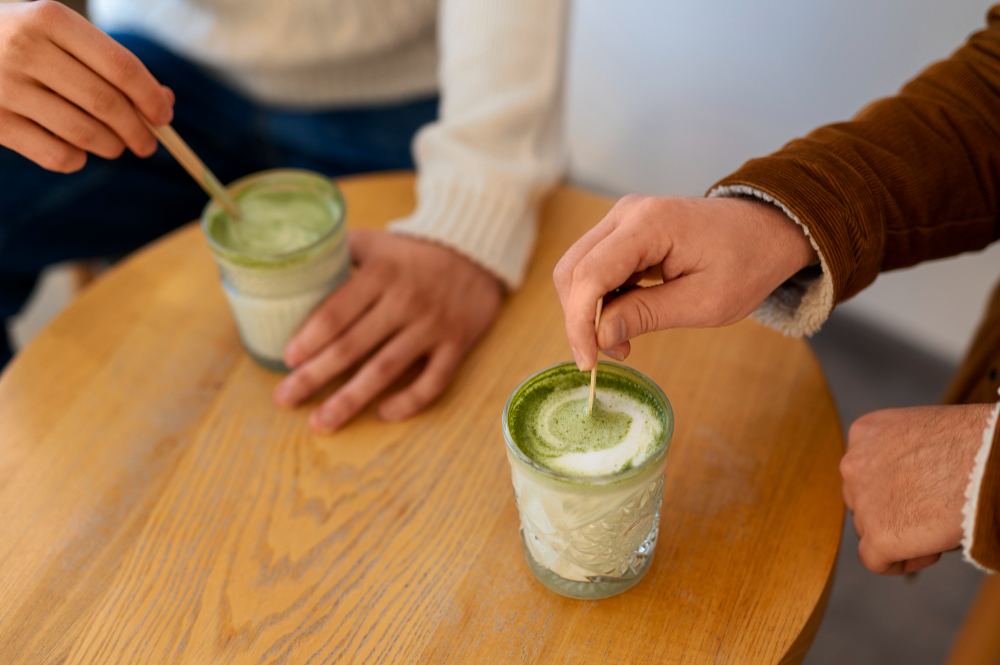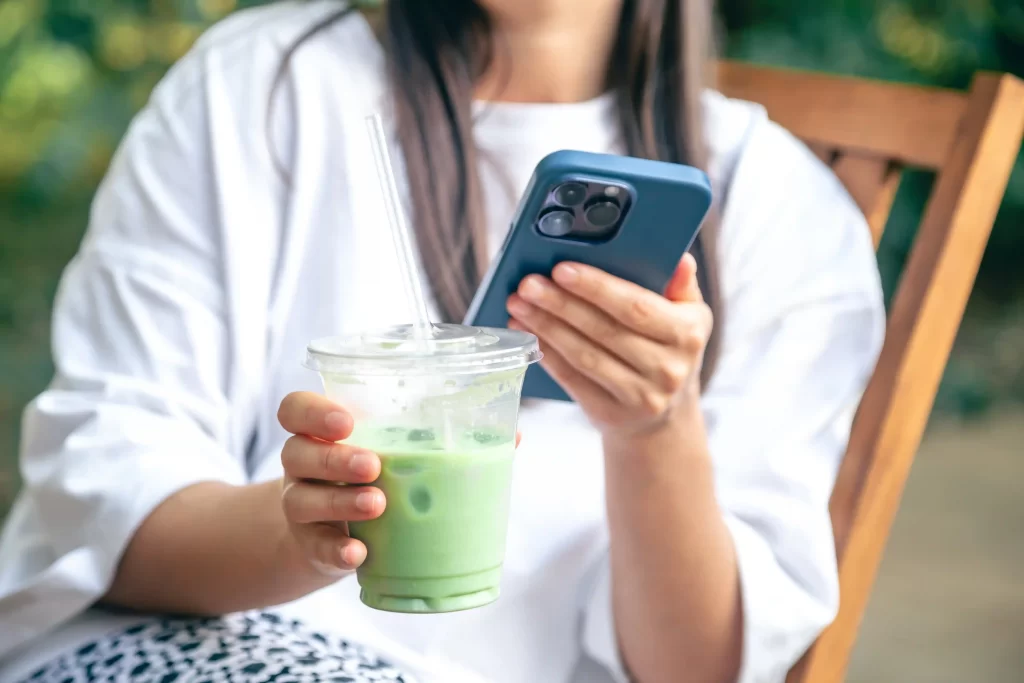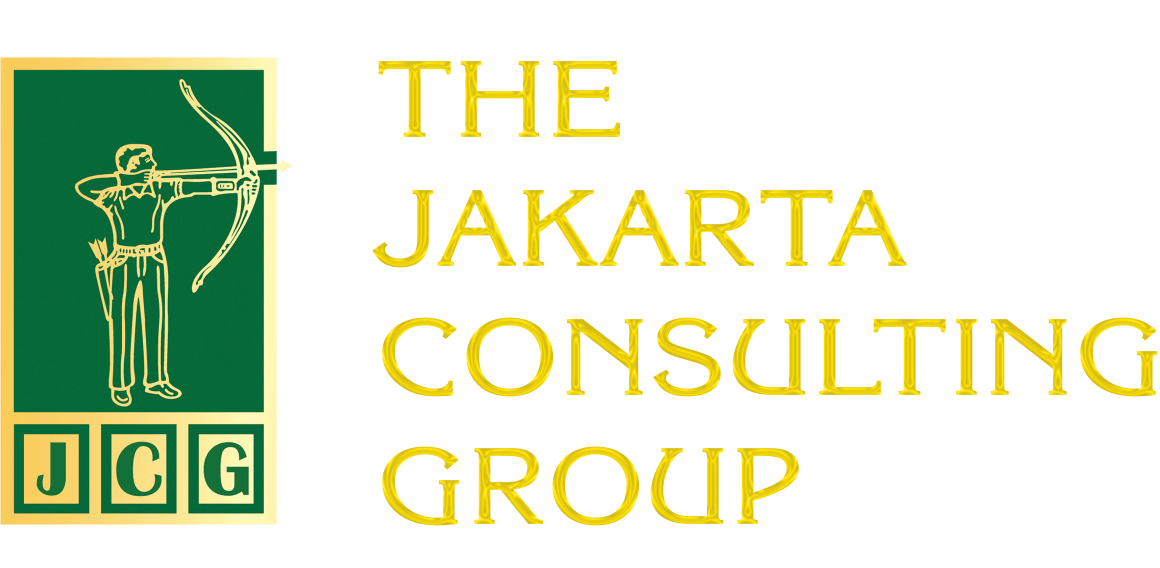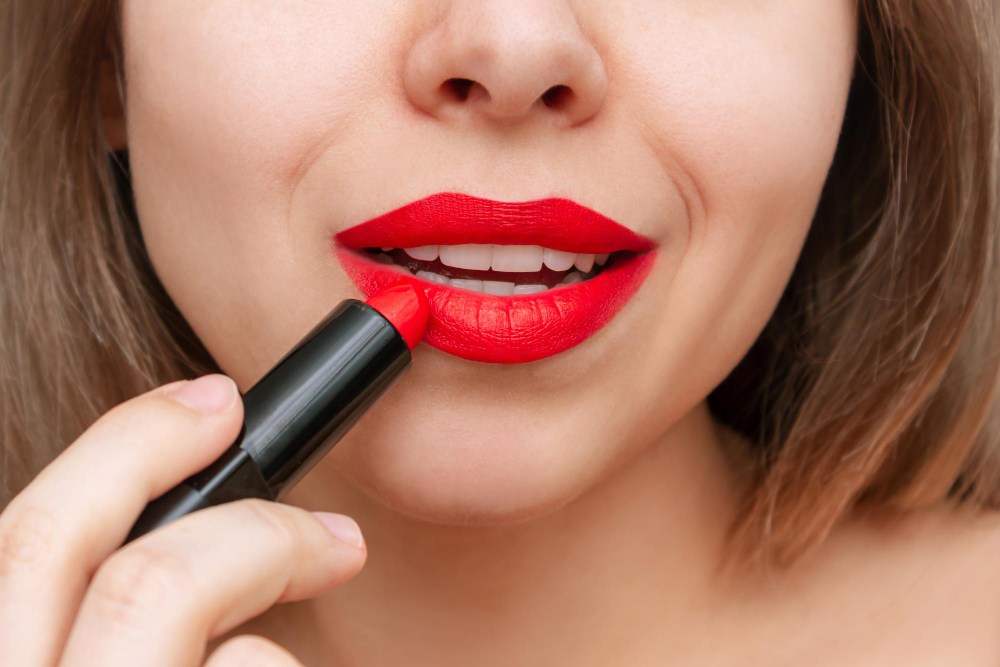Amidst the ongoing economic storm, there is one interesting phenomenon that often goes unnoticed. While prices of basic necessities continue to soar, unemployment is alarming, and financial uncertainty haunts endlessly, a cup of matcha latte for IDR 50,000 is still sold out in big city cafes. It may sound absurd, but this is the real picture of the “lipstick effect” in today’s consumer behavior.
The lipstick effect is the phenomenon of consumers continuing to spend money on small items despite facing a recession, economic crisis, or personal financial limitations. Despite not being able to afford expensive products, many people are still willing to spend money on affordable premium items, such as high-quality lipsticks. For this reason, businesses that benefit from the lipstick effect tend to remain stable even in difficult economic conditions.
Leonard Lauder, chairman of Estée Lauder, noted that after the events of September 11, 2001, his company sold more lipsticks. As a result, he theorized that lipstick is a contrary economic indicator.
Matcha, the “Lipstick” of the Burnout Generation
However, lipstick is no longer the only symbol of luxurious products that triumph in the midst of economic downturn. Now, a glass of matcha with beautiful foam and a minimalist-style cup can be the new ‘lipstick’.
Matcha is no ordinary drink. It has become the epitome of lifestyle: natural, healthy, elegant and serene. Wrapped in a story of mindfulness and life balance, matcha is attracting the attention of weary urbanites-wanting to be healthy but lacking the time, wanting to be calm but trapped in endless busyness.
In the lipstick effect phenomenon, a cup of matcha comes as an affordable “momentary escape”. It doesn’t break the bank, but it’s enough to make one feel like they’re taking care of themselves, loving themselves, or just giving a ‘little gift’ after a long week.
The New Symbol of Self-Affirmation

Fundamentally, humans are not completely rational beings. Buying decisions are often influenced by emotions, perceptions and expectations. Matcha comes as a symbol of self-care, a refreshing oasis in the midst of work pressure and bad news about layoffs.
Originally, the term “lipstick effect” only related to beauty products, but now its meaning extends to a variety of small consumptions that provide instant gratification. These range from specialty coffee, skincare in sachets, small sumptuous meals, to streaming subscriptions for IDR 49,000 per month. They all have something in common: They’re affordable, but they provide instant gratification.
A cup of matcha tells a similar story. This drink seems to have replaced lipstick as a symbol. Not because women no longer wear lipstick, but because expressions of self-worth are now more diverse. In an urban culture that is increasingly concerned about health and wellness, buying healthy drinks is becoming a new form of self-affirmation.
Not Price, But Emotion
For companies, the lipstick effect phenomenon provides a valuable lesson. In the midst of a crisis, consumers do not completely stop shopping-they just become more selective and appreciate the emotional value behind every purchase. Instead, small products that are able to touch the psychological, personal, and aesthetic sides have a great opportunity to grow.
Successful products not only fulfill basic needs, but also provide emotional, symbolic and social value. A glass of matcha is not just a thirst quencher, but also a reflection of one’s identity, lifestyle and aspirations.
When the economy is booming, consumers may pursue big dreams such as buying a car, a house, or taking a vacation abroad. However, in times of economic hardship, they still seek satisfaction through the little things. This is where the “lipstick effect” comes in.
Emotional Strategies for Uncertainty
In such a situation, what strategies can be employed?
1. Bring affordable luxury
Make small but meaningful products. Attractive packaging, premium quality, and a strong story can create a sense of luxury at a reasonable price. The lipstick effect phenomenon shows that consumers tend to look for small forms of luxury that can still be afforded in tough times.
2. Harness the power of storytelling

What’s the reason people enjoy matcha more than regular tea? Because there’s a story behind it: Japanese tradition, high antioxidant content, and calming effects. Build an authentic narrative to reinforce the emotional value of the product and connect it to a psychological boost like in the lipstick effect.
3. Touch the emotional side of customers
Consumers today not only buy out of necessity, but also because they want to feel valued. Empathic, inclusive and personalized marketing language will be more effective than simply offering a price cut.
4. Build a calming effect
When life is shrouded in uncertainty, products that offer simple rituals, such as brewing matcha or enjoying a cold drink in the afternoon, can be a means of psychological recovery for consumers.
However, apart from the strategies described above, there is one thing that is no less important. Employees are human too, they have feelings and hearts. When a company is under pressure, they may seek their own small escapes, whether it is flexible working hours, a comfortable break room, or simply the availability of healthy snacks as a small form of the lipstick effect. Organizations should strive to create a healthy environment both physically and mentally.
Discover more interesting business insights only on the Jakarta Consulting Group blog.
Related Posts:
15 Million Rupiah Salary Standard: Symbol of Hope or Illusion in #IndonesiaGelap?
When Two Powerful People Fight: Lessons from Elon Musk vs Donald Trump
Does Appearance Affect Your Career? Addressing the Phenomenon of Beauty Privilege in the Workplace
Realizing the Professionalism of the Red and White Cooperative
The Controversy of Budget Efficiency and Learning for Organizations










